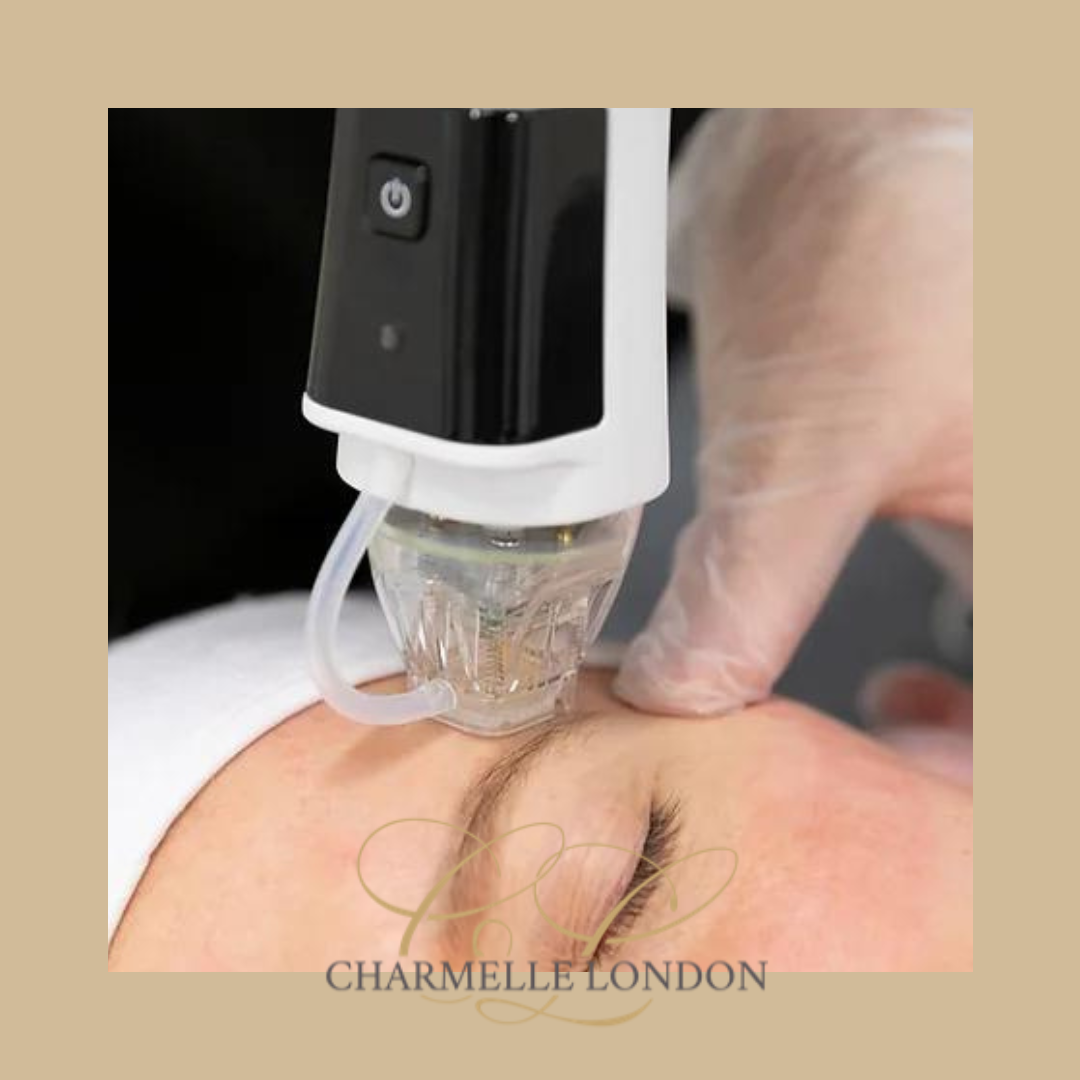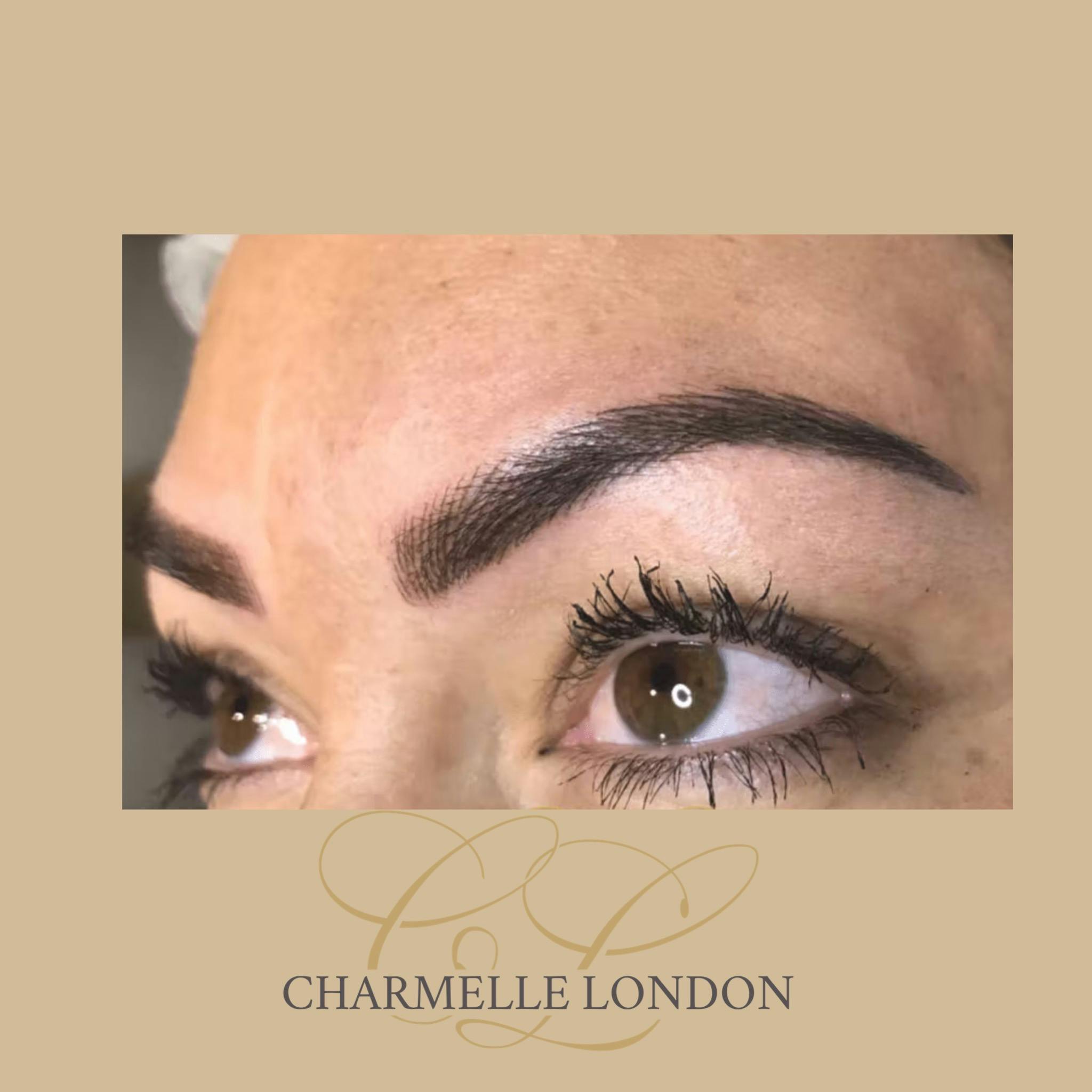Ingrowing Hairs
Ingrown hairs are hairs that have curled around and grown backwards into your skin, rather than growing upwards from it. As a small pink or tan bump is formed, this causes your skin to inflame and feel irritated. A small part of the underlying hair can usually be seen under the bump.
Anyone can suffer from ingrown hairs, however, it’s more common in people with curly or coarse hair. It’s generally harmless but it can be painful, especially when infected. If you are prone to this condition, it’s important to avoid waxing and shaving as this may cause further aggravation and more ingrown hairs to occur.
Ingrown hairs at Charmelle London
We offer a number of exfoliating treatments that can help relieve the symptoms of ingrown hairs, however prevention is the best cure. Laser hair removal avoids the need to use traditional methods such as waxing or shaving altogether, so you can protect your skin against future ingrown hairs. Book a free consultation today.
Frequently Asked Questions
If not infected, ingrown hairs often disappear from your skin on their own.
If an ingrown hair has become infected, your doctor can make a small cut in your skin with a sterile needle or scalpel to release it. It is not recommended to do this yourself. Your doctor may also prescribe medicine.
It’s not recommended. Try not to touch it and allow it heal on its own to avoid infection.
Preventing ingrown hairs is important as it can decrease your risk of related infections. When you are shaving or waxing, try the following tips.
Wash your skin first to help prevent bacteria from entering the skin and always remove hair in the direction of growth. When shaving, you should change your razor blades frequently. Use shaving gel and warm water to help soften the hair, and don’t shave too closely to your skin (leave a little stubble if possible). Always apply lotion to the area afterwards and exfoliate your skin often.




.jpg&w=3840&q=75)